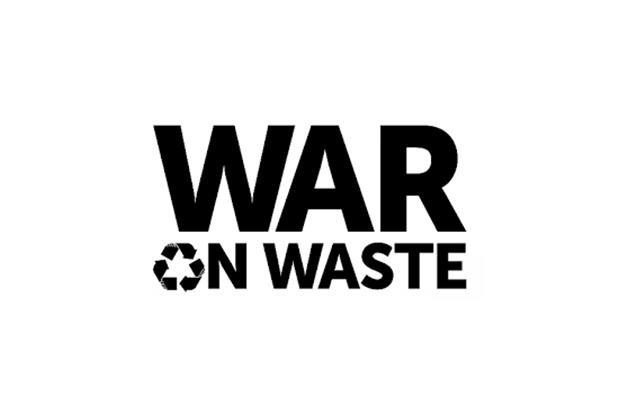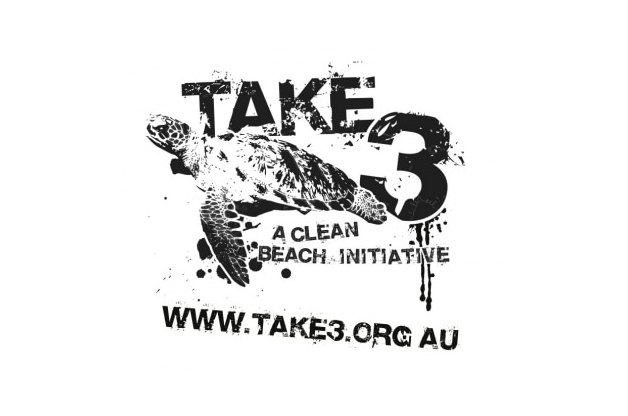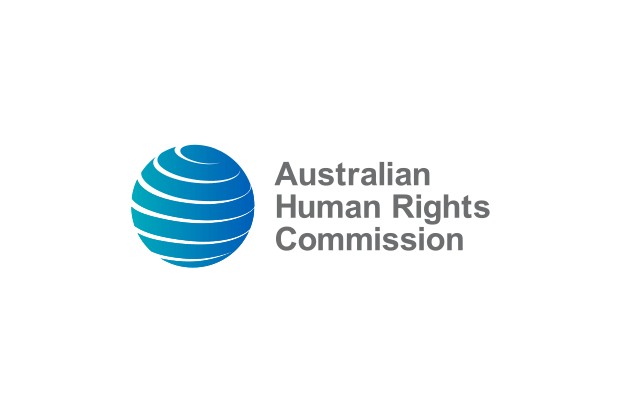Our website is brand new so there may be some teething issues.
If you have any questions, you can get in touch and we'll help you as soon as possible.
But you might know us as Cool Australia (we've been creating resources for Aussie teachers for over 13 years). While our name has changed, our mission hasn't. Our real-world, curriculum-aligned teaching resources equip educators to teach the stuff that matters, creating better outcomes for humanity.
It's completely free to create a Cool.org account, and with this you can grab a whole lot of great free lesson plans, activities and professional learning courses. You also have the option to upgrade to a Cool+ subscription. For less than $3 per week you get unlimited access to our full catalogue of resources.












Our website is brand new so there may be some teething issues.
If you have any questions, you can get in touch and we'll help you as soon as possible.
Cookies help us deliver the best experience on our website.
By using our website, you
agree to the use of cookies.
Many of our resources are free, but this requires an active Cool+ subscription. Upgrade to Cool+ now, or sign-up for a free account.
Enjoy your first month of Cool+ on us!
No commitment.Cancel anytime in your account setting at least one day before the 1st-free month ends. Plan automatically renews annually, starting 12 Jan 2024 until cancelled.
Many of our resources are free, with an option to upgrade to Cool+ for premium content.
By signing up to Cool.org you consent and agree to Cool's privacy policy to store, manage and process your personal information. To read more, please see our privacy policy here(Opens in new tab).
Already have an account? Log in
Welcome back!
Don't have an account yet?
Log in with:
By signing up to Cool.org you consent and agree to Cool's privacy policy to
store, manage and process your personal information. To read more, please see
our privacy policy here(Opens in new tab).
Create your free Cool.org account.
Many of our resources are free, with an option to upgrade to Cool+ for premium content.
Already have an account?
Sign up with:
By signing up to Cool.org you consent and agree to Cool's privacy policy to
store, manage and process your personal information. To read more, please see
our privacy policy here(Opens in new tab).